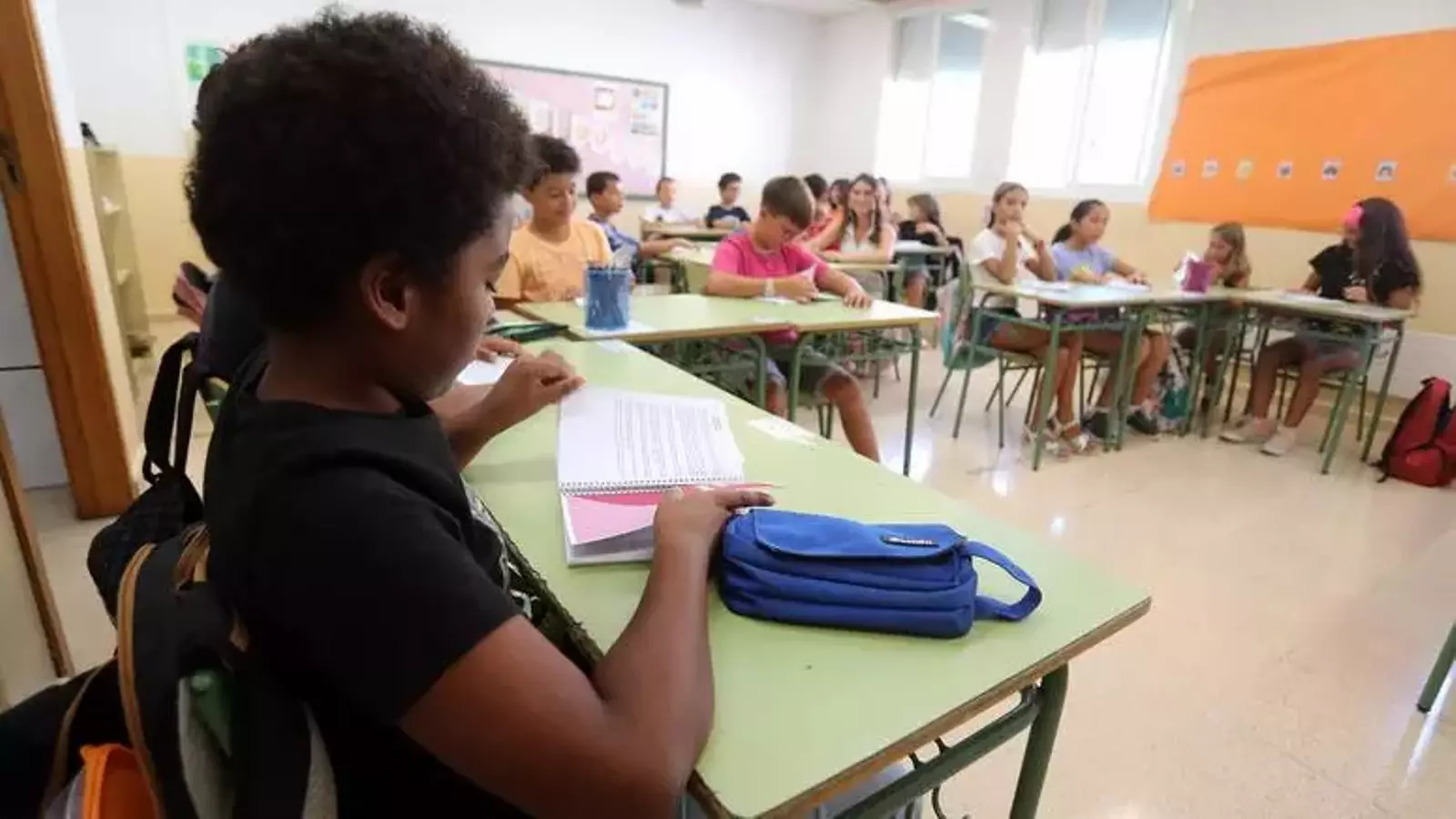Ibiza and Formentera, the islands where support for Catalan language schools has dropped significantly.
However, the language itself has improved its records in Mallorca and Menorca.


PalmThe sociolinguistic situation of the Catalan language in the Balearic Islands is very unequal, a circumstance that reflects the educational system and parents' choice of primary school language (grade 4). In Ibiza and Formentera, only 60.34% of families have opted for Catalan, far from the regional average of 80.52%, three points lower than the final figure for the 2024-2025 academic year. This means that Catalan could still increase or decrease slightly depending on the preferences of students enrolled late. Thus, Ibiza and Formentera are the main drivers of the decline across the archipelago, while in Mallorca and Menorca, the number of families opting for their own language has increased by 3.08 points in the former (to 82.78%) and 1.8 points in the latter (to 91.6%). In the Pitiusas, the Catalan language preference has dropped five points (from 65.2 last year to 60.34%), which has dragged down the overall average. Catalan language is alive a very complicated situation In the Pitiusas, although schools and cultural entities are working to include and transmit Pitiusan culture.
According to Ivan Solivellas, professor of Catalan Philology at the UIB, the reality of the Pitiusas, especially Ibiza, cannot be compared with any of the other islands. "The problem in the Balearic Islands is with linguistic acceptance. Newcomers are often blamed, but that's not the case. The problem is political," he summarizes. "If we analyze language policies, they existed until 2003. Then came a period in which it seemed that, to avoid problems, they should be relegated to the background. Later came the catastrophe of the Bauzá government and two terms of the Progress Pact in which not much progress was made," he explains. "Ibiza is a clear example of what's happening in the Balearic Islands. Excessive population growth, an industry heavily focused on tourism, which is the first line of employment for many people and many families, who therefore think that if they have to study anything, it should be Spanish, German, or English," he argues. Solivellas defends the work of teachers and criticizes the lack of resources they have to provide a good language welcome.
Catalan has always had a better status in Menorca. This hasn't been the case in Mallorca, which has lost thousands of Catalan speakers over the past few decades. So why has the choice of Catalan for primary education increased? "Society is clear that investing in Catalan-language schools is the only way for children to complete school with, a priori, a good level of Catalan and Spanish," says Solivellas, aware that this equality between the languages doesn't usually occur. According to the expert, he has also been determining the involvement of teaching teams to make families understand the importance of learning their own language.
The Catalan language figures in schools in Ibiza and Formentera are no surprise. The results of the 2023 Institute for the Evaluation and Quality of the Educational System (IAQSE) tests—the latest available—were poor on all the islands, but the assessment in Ibiza and Formentera was worse than in the rest. Only the38% of 4th grade students achieved linguistic competence in Catalan, compared to 51% in Mallorca and 55% in Menorca. The average for the Balearic Islands was 49%.
Participation in the Segregation Plan
Regarding the Linguistic Segregation Plan, 19 private schools have joined in two years. While no schools in Menorca have expressed interest, four of the five private schools in Ibiza have: Nuestra Señora de la Consolación, Sa Real, Can Bonet, and Virgen de las Nieves. No public schools have agreed to join.
According to the teachers surveyed, the poor Catalan performance of Ibizan students shows that it is the language that should be reinforced so that all young people complete compulsory schooling with a command of both official languages. Currently, many students finish with a poor level of Catalan.
One problem that the Ibizan professionals surveyed have detected is that some teachers do not comply with the language projects of the schools and neglect their native language. "It happens in all schools. There is a certain type of teacher who does not use Catalan with their students," notes one teacher, who has been a school director for many years. "This problem has been discussed in "many of the meetings of the Professional Association of Teachers of Ibiza," he adds.
Another drawback is that "the new generations of teachers who graduate from the university campus in Ibiza have Spanish as their mother tongue, and when it comes to teaching and addressing them." Being at the IES Quartó de Portmany criticizes the "lack of involvement" on the part of teachers regarding the use of Catalan.
In Ibiza, the high school teacher continues, "there's a lot of Catalanophobia, as well as the perception that Catalan is a peasant and useless language." Another problem detected is with adult students. "In some cases, they're not receptive to Catalan," she says. "There are a lot of newcomers, but there's an added problem: there are many Ibizan students who hate their own language," she laments.
